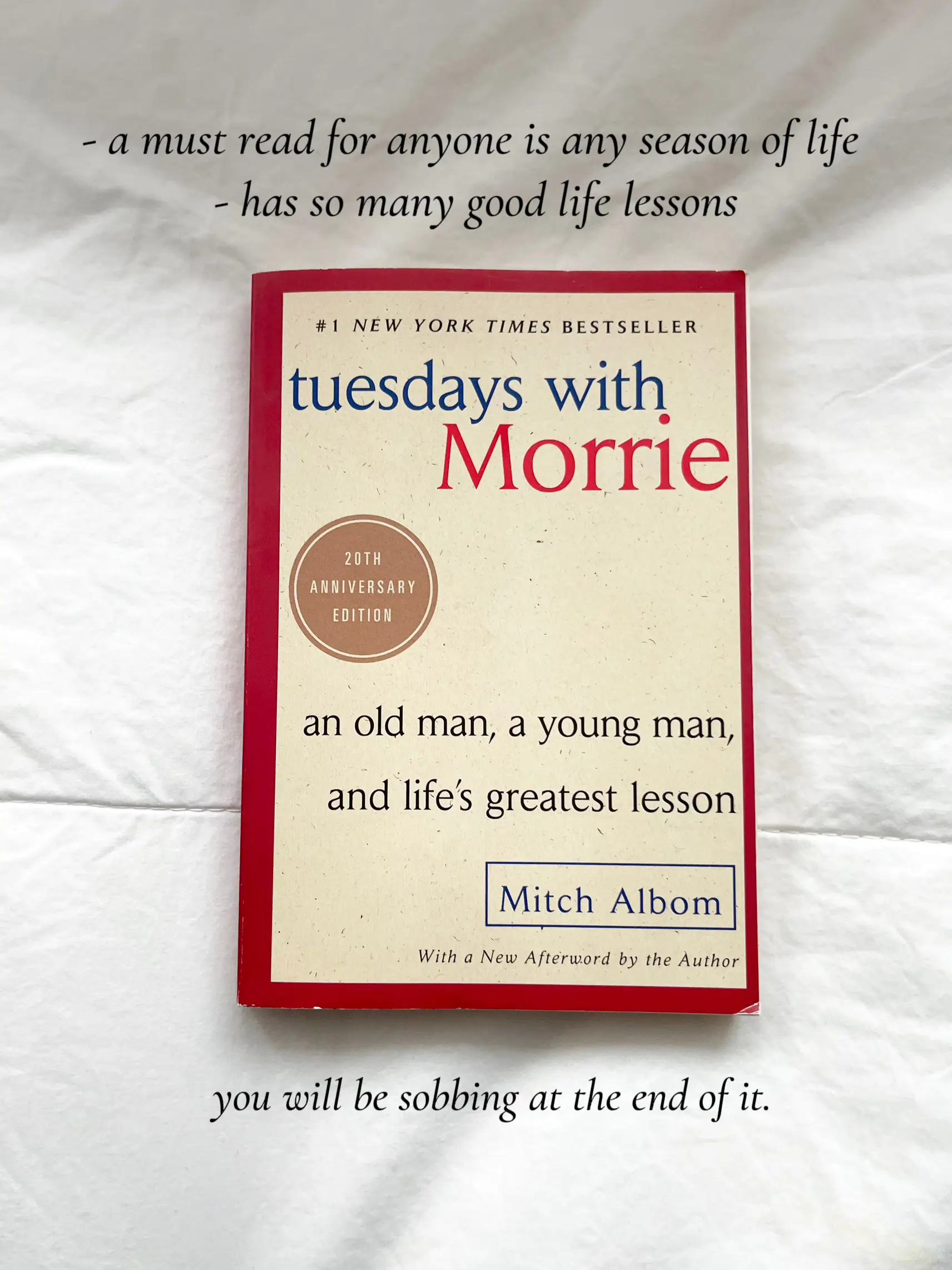What does "men him hum owe age" truly mean, and why is it relevant in today's world? This enigmatic phrase has sparked curiosity and debate among thinkers, linguists, and everyday individuals alike. At its core, it seems to explore the relationship between masculinity, responsibility, humility, obligation, and the passage of time. These elements are intertwined in a way that reflects the complexities of human life. Whether you're seeking to decode its philosophical meaning or apply its lessons to modern-day living, this article dives deep into the subject to provide clarity and insight.
Throughout history, the interplay of these concepts has shaped societies, cultures, and individual lives. From the way men have been expected to carry responsibility ("owe") to how humility ("hum") has been valued as a virtue, the phrase encapsulates timeless themes. As we navigate the challenges of age and maturity, understanding these dynamics becomes even more critical. This article aims to break down the components of "men him hum owe age" while offering practical takeaways for readers of all backgrounds.
The phrase also invites us to reflect on how societal norms and expectations have evolved over time. While traditional views may have emphasized rigid roles for men, contemporary perspectives encourage a more nuanced understanding of masculinity and personal growth. By exploring the layers of "men him hum owe age," we can gain a deeper appreciation for how these ideas influence our lives and decisions. Let’s embark on this journey together to uncover the wisdom embedded in these five simple words.
Read also:Kacey Musgraves Wardrobe A Deep Dive Into Her Iconic Style
Table of Contents
- What Does "Men Him Hum Owe Age" Mean?
- Who Can Relate to This Concept?
- How Does Age Affect Men and Responsibility?
- Why Is Humility Important for Men?
- What Are the Lessons for Modern Men?
- Exploring the Role of Obligation
- The Evolution of Masculinity Over Time
- Personal Reflections on "Men Him Hum Owe Age"
- Frequently Asked Questions
- Conclusion
What Does "Men Him Hum Owe Age" Mean?
The phrase "men him hum owe age" can be interpreted in multiple ways, depending on the context. At its heart, it speaks to the responsibilities and expectations placed on men as they grow older. The word "men" represents masculinity, while "him" emphasizes individuality. "Hum" suggests humility, a trait often associated with wisdom and maturity. "Owe" points to obligations or duties, and "age" ties everything together by highlighting the role of time and experience in shaping one's character.
One possible interpretation is that men, as they mature, are expected to balance their responsibilities with humility. This balance becomes more pronounced with age, as life experiences teach valuable lessons about accountability and self-awareness. The phrase encourages introspection, urging men to evaluate how they navigate their roles in family, work, and society.
Another angle is that "men him hum owe age" serves as a reminder to embrace growth and change gracefully. Rather than resisting the passage of time, it invites men to accept their evolving roles with humility and gratitude. This perspective fosters a sense of purpose and fulfillment, allowing individuals to contribute positively to their communities.
Who Can Relate to This Concept?
While the phrase "men him hum owe age" specifically mentions men, its themes are universal and applicable to people of all genders. However, it holds particular significance for men who are navigating the challenges of adulthood and aging. From young adults stepping into leadership roles to older men reflecting on their life's journey, the concept resonates deeply.
Consider the example of a father raising children. He is constantly reminded of his responsibilities ("owe") and must approach parenting with humility ("hum") to guide his family effectively. Similarly, a professional striving for success must balance ambition with humility to build meaningful relationships and achieve long-term goals.
Even women and non-binary individuals can draw inspiration from the phrase. It encourages everyone to reflect on their roles, obligations, and personal growth over time. By embracing humility and accountability, anyone can cultivate a sense of purpose and fulfillment in life.
Read also:Adele Georgiana Gianopoulos A Deep Dive Into Her Life And Legacy
How Does Age Affect Men and Responsibility?
Age plays a pivotal role in shaping a man's sense of responsibility. As men grow older, they often find themselves taking on more significant roles in their families, workplaces, and communities. These roles come with increased expectations and obligations, which can be both rewarding and challenging.
For instance, a man in his 20s may focus on building a career and establishing independence. However, by his 40s, he might be juggling responsibilities as a spouse, parent, and professional. This shift requires adaptability and a willingness to learn from past experiences. The phrase "men him hum owe age" captures this evolution, emphasizing the importance of humility in navigating these transitions.
Moreover, aging brings a deeper understanding of life's impermanence. Men who embrace this reality often develop a greater sense of empathy and compassion, qualities that enhance their ability to lead and support others. By acknowledging the impact of age, men can approach their responsibilities with renewed purpose and perspective.
Why Is Humility Important for Men?
Humble men are often seen as approachable, trustworthy, and wise. Humility allows individuals to recognize their limitations, seek guidance when needed, and appreciate the contributions of others. In the context of "men him hum owe age," humility serves as a cornerstone for personal and professional growth.
Consider a scenario where a man is leading a team at work. If he approaches his role with humility, he is more likely to listen to feedback, foster collaboration, and inspire his colleagues. Conversely, arrogance or overconfidence can lead to poor decision-making and strained relationships. Humility, therefore, is not just a virtue but a practical skill that enhances effectiveness.
Furthermore, humility enables men to navigate life's challenges with resilience. By accepting that they don't have all the answers, they open themselves up to learning and growth. This mindset is particularly valuable as men age and face new obstacles, such as health issues or career transitions. Embracing humility allows them to adapt and thrive in an ever-changing world.
What Are the Lessons for Modern Men?
Modern men face unique challenges and opportunities that require a fresh perspective on traditional values. The phrase "men him hum owe age" offers several lessons that can guide men in today's fast-paced and interconnected world.
- Balance Ambition with Empathy: While striving for success, men should prioritize empathy and compassion in their interactions.
- Embrace Vulnerability: Showing vulnerability is a sign of strength, not weakness. It fosters deeper connections and trust.
- Practice Lifelong Learning: The journey of growth never ends. Men should remain curious and open to new ideas.
By internalizing these lessons, modern men can redefine masculinity in a way that aligns with contemporary values. They can become role models for future generations, demonstrating that true strength lies in humility, responsibility, and adaptability.
Exploring the Role of Obligation
Obligation is a central theme in the phrase "men him hum owe age." It refers to the duties and commitments that men are expected to fulfill throughout their lives. These obligations can take many forms, from financial responsibilities to emotional support.
However, obligations should not be viewed as burdens. Instead, they can be seen as opportunities to make a positive impact. For example, a man who supports his family financially is contributing to their well-being and happiness. Similarly, a man who mentors younger colleagues is helping them grow and succeed.
It's important to strike a balance between fulfilling obligations and maintaining personal well-being. Overcommitting can lead to burnout, while neglecting responsibilities can harm relationships. By approaching obligations with humility and intention, men can navigate this delicate balance successfully.
The Evolution of Masculinity Over Time
Masculinity has undergone significant changes over the decades, influenced by cultural, social, and economic factors. In the past, traditional views of masculinity emphasized traits like stoicism, dominance, and self-reliance. However, these rigid stereotypes are being challenged and redefined in the modern era.
Today, masculinity is increasingly associated with qualities like emotional intelligence, vulnerability, and inclusivity. Men are encouraged to express their feelings, seek help when needed, and support others without judgment. The phrase "men him hum owe age" reflects this shift, highlighting the importance of humility and adaptability in redefining what it means to be a man.
As society continues to evolve, so too will the concept of masculinity. By embracing change and staying true to their values, men can shape a future where everyone feels empowered to be their authentic selves.
Personal Reflections on "Men Him Hum Owe Age"
To better understand the impact of "men him hum owe age," let's explore a personal example. Meet John, a 50-year-old entrepreneur who has spent decades building his business. Despite his success, John acknowledges that his journey has been shaped by the lessons of humility, responsibility, and time.
| Name | Age | Profession | Key Values |
|---|---|---|---|
| John | 50 | Entrepreneur | Honesty, Humility, Accountability |
John's story illustrates how embracing the principles of "men him hum owe age" can lead to personal and professional fulfillment. His commitment to humility and responsibility has earned him the respect and loyalty of his employees, clients, and family.
Frequently Asked Questions
What is the origin of the phrase "men him hum owe age"?
The exact origin of the phrase is unclear, but it appears to be a modern expression that encapsulates timeless themes of masculinity, responsibility, and growth.
How can I apply the lessons of "men him hum owe age" in my daily life?
You can start by practicing humility, embracing your responsibilities, and reflecting on how age and experience have shaped your perspective.
Is "men him hum owe age" relevant for women as well?
Absolutely! While the phrase specifically mentions men, its underlying principles are universal and applicable to everyone.
Conclusion
The phrase "men him hum owe age" offers profound insights into the complexities of masculinity, responsibility, and personal growth. By embracing humility and accountability, men can navigate the challenges of aging with grace and purpose. Whether you're a young adult just starting your journey or an older individual reflecting on your life's accomplishments, these lessons are invaluable.
As we continue to explore the meaning of "men him hum owe age," let us remember that growth is a lifelong process. By staying open to learning and adapting, we can create a future where everyone thrives. So, take a moment to reflect on your own journey and consider how these principles can guide you toward a more fulfilling life.

